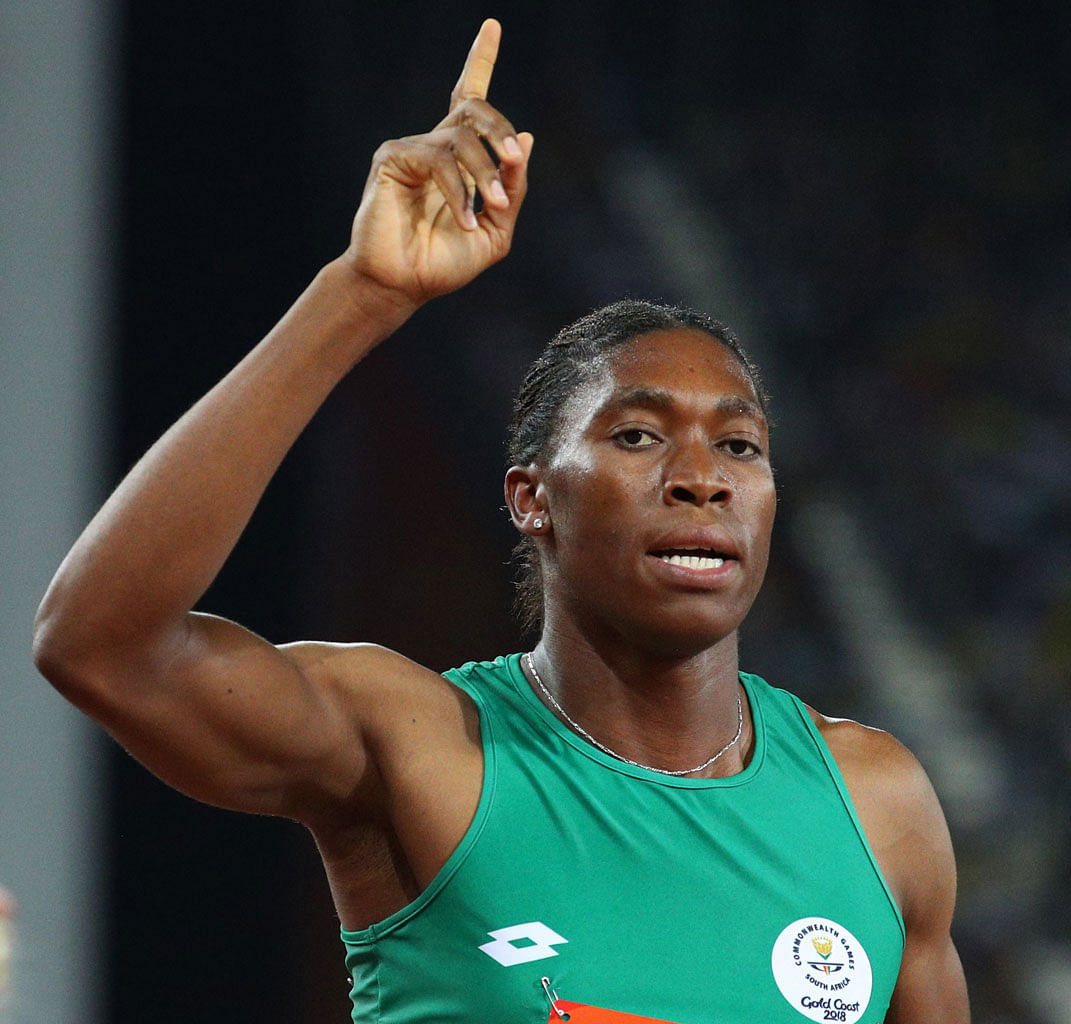CAPE TOWN • Opposition to and concern over the new hyperandrogenism rule, which appears to target South African runner Caster Semenya, is growing, with a legal expert resigning in protest in the latest show of dissent.
Law professor Steve Cornelius, who was appointed to the International Association of Athletics Federations (IAAF) tribunal late last year, said in his resignation letter that he could not in good conscience continue to associate himself with "an organisation that insists on ostracising certain individuals, all of them female, for no reason other than being what they were born to be".
The South African added: "On deep moral grounds, I cannot see myself being part of a system in which I may well be called upon to apply regulations, which I deem to be fundamentally flawed and most likely unlawful in various jurisdictions across the globe."
His letter, which was addressed to IAAF president Sebastian Coe, was posted on Twitter on Tuesday by sports lawyer Gregory Ioannidis, who described himself as a colleague of Cornelius.
The resignation follows Monday's call by Canada's athletics federation for a rigorous review of the new rules on hyperandrogenism.
In a statement, the body said: "Athletics Canada has serious concerns with last week's announcement from the IAAF regarding hyperandrogenism testing.
"In Canada, we encourage the full access for all Canadians to participate and compete in athletics, at every level of our sport free of discrimination.

"Athletics Canada believes in the principles of inclusion, respect and health and safety. We believe this IAAF eligibility ruling requires rigorous review."
The chairman of UK Athletics has also questioned whether the advantage that Semenya receives from high testosterone was really that different from the benefit that a sprinter derives from having a long stride length.
"If you are sprinter and you have a much longer stride length, is that a physical advantage? I suspect that the decision that has been taken is not the end of the discussion," Richard Bowker told The Guardian.
The new regulations by the IAAF have laid down a series of criteria for athletes with a Difference of Sexual Development (DSD) to be eligible to compete internationally in certain events.
They could prevent two-time Olympic champion Semenya, who has faced years of complaints that her hyperandrogenism results in an unfair competitive advantage, from competing in 800m and 1,500m races as she will be forced to lower her levels of testosterone in order to compete.
South African sports minister Tokozile Xasa has said she is seeking to take up the matter with the IAAF, with the new rule set to go into effect in November unless overturned by the Court of Arbitration for Sport.
REUTERS, THE GUARDIAN
